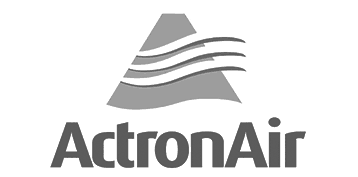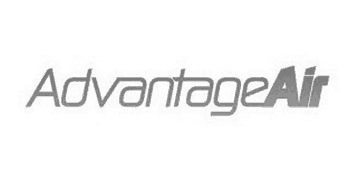Today
22°
Mon
27°
Tue
25°
Wed
28°
Thu
28°
Fri
27°
Air conditioning maintenance tips
Wednesday, 16th May, 2018
Air conditioners are pretty complex machines, with many different components working together. Each component works together to ensure that the air conditioner unit performs to the best standard, and should any of the components stop working the efficiency and functionality of the entire unit will be compromised. The following guide will list some air conditioning maintenance tips and ways to help maintain your air conditioner, as well as some common problems.
Coils
Air conditioners have two sets of coils inside the unit. These are the evaporative and condenser coils. Both the coils serve different purposes, outlined below.
Evaporator coils
These act to absorb the heat from the air within your home, and transfer the heat outside through the external air conditioner unit. It does this through the evaporation of refrigerant, which consequently absorbs the surrounding heat and humidity from within the home, then transfers it in a gaseous form to the outside unit.
Condenser coils
These coils pressurise and condense the refrigerant. This operates with the same concept of heat transfer in the evaporator coils, only in reverse. As the coolant returns to a liquid state, it expels most of the heat, which then dissipates into the outside air with the assistance of exhaust fans.
This process is quite complex, and occurs in just a blink of an eye. There are a number of steps to take to ensure your system is operating to the fullest potential. Primarily, this involves cleaning the coils to remove any build-up of dirt or ice that could potentially inhibit the operation of these components.
Filters
The filters of an air conditioning system are vital to its performance. Filters are designed to remove dust and debris from the air before it enters into the cycle of the air conditioner. This ensures the air circulating throughout the unit is clean and unable to cause damage to the internal components of the machine. A clogged up air filter will significantly restrict the flow of air into the unit, therefore causing negative effects, predominantly the following.
Functionality
When the filter is clogged, air may bypass the filtration system entirely, allowing dirt and dust to impair the operation of internal components such as the evaporator and condenser coils. This in turn can cause the air conditioner to become incapable of cooling the air sufficiently.
Efficiency
This relates directly to the power consumption of the air conditioner. An insufficient system may cause your energy bill to increase, triggering a significant rise in cost. Having a filter that is clogged up will limit the airflow, which can force the air conditioner to work harder for longer to cool, therefore consuming more energy.
Filters can typically be cleaned or replaced easily without the need for an air conditioning professional. We recommend cleaning your filter every 3-4 months in a residential system, or once a month for commercial systems. However, if your air conditioning is being operated constantly or you have pets, it may require additional attention.
Any further issues beyond the recommended above should be undertaken by a fully qualified professional, as in the case with cleaning coils, a refrigerant has the potential to be harmful to both yourself and the environment.
To avoid expensive damage to your air conditioner, it is advisable to take the above steps in order to maintain your unit to the highest standard. Consulting the Quality Air service team is also recommended and should be done at least once a year in order to keep your system running at its optimum.
Contact us today for any further information on maintenance tips.
Share
Categories







